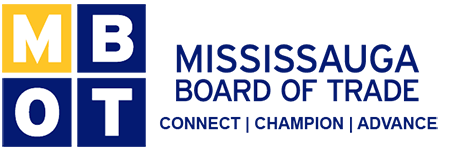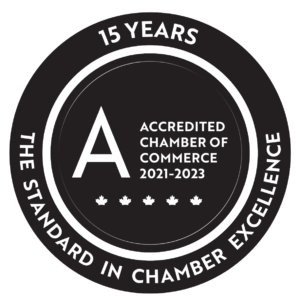If your business has a website (and it should!), your first priority must be to get found online. When searchers go online to seek available choices, your business must be visible. If not, you’ll lose opportunities to competitors with a better-established online presence.
Why Is Search Engine Optimization So Important?
According to a recent study, the top organic (non-paid) search result gets nearly 40% of the clicks; and about 60% of the click-throughs go to the top three non-paid results.
Search results on page two and beyond only get 1-5% of the click-throughs.
So being in the top three positions for relevant search results is important – and it will make you money.
There is a method to the madness when it comes to being found online; you need to understand the basics of search engine optimization (SEO) to give your site a fighting chance of showing up in those coveted positions.
On-page SEO is about structuring a website to drive the highest possible search engine rankings. This is foundational to all SEO efforts, and you have complete control over it.
There are a number of on-page “must-do’s” that will increase your rankings for specific, targeted searches:
- Website Content
Within the content on each page of your site, be sure to use the keywords you want to be found for, as well as variations of those keywords. However, the content must be natural and developed for a site visitor, not for search engines. Search engines penalize “keyword stuffing”, which is the overuse of your targeted keywords.
- Page Titles
The page title is what appears as the top heading in the search engine results. Each page title should be based on keywords – up to a maximum 60 characters.
Do not confuse the “page title” (which is designated in your website’s backend) with the actual heading (H1) you use on the page…
- H1 Headings
The most important heading and the most visible content on each page, this is a very important cue for search engines and searchers. Target keywords should be used in all H1 headings. Avoid using only one H1 heading across the entire site, and use geographic location phrases where applicable.
- Optimized URLs
URLs should be optimized for each page. An optimized URL should have keywords which can be understood by site visitors as well as by search engines, and should provide a clear indication as to what the page is about.
- Bold/Emphasized Keywords and Phrases
Use bold/emphasized instances of targeted keywords on a page. This gives the search engines hints as to what topics/keywords are deemed the most important.
However, be sure to only bold or emphasize words if it makes sense for the reader. Don’t simply bold every instance of your keyword.
- ALT-Tags
Search engines cannot read images; ALT-Tags are descriptions of images that allow search engines to recognize what the images are depicting. ALT-Tags should be keyword-based.
- Meta-Descriptions
The meta-description is updated in the backend, like the page title. It is the small blurb searchers will see below the page title in the search results.
A unique meta-description should be created for every page (maximum of 140 characters). There should be at least one instance, and at most three instances, of targeted keyword(s) in the meta-description.
- Internal Links/Anchor Text
Links assist with site navigation and enhance usability, which is a consideration in search engine rankings.
- Site Speed/Page Refresh Rates
Search engines consider the performance of the website in its rankings – searchers don’t want to be referred to sites that exhibit poor performance.
In addition to optimizing your website, you must also increase your credibility with search engines through link-building (off-page SEO).
Off-page SEO Basics
The essence of off-page SEO is to get reputable web pages to link back to your web pages. If you have business affiliates or partners, ask them to link to you. Make yourself known to influential organizations or individuals who would point their audiences back to your online content.
When you develop a solid “link profile”, search engines will deem you as being more credible because you have external sources vouching for your content. And this means they will move you up in their search rankings.
You Need a Solid SEO Foundation
Once you commit yourself to these basic elements of SEO, you will be on your way to developing a foundation for search engine optimization success.
Ben Molfetta is the co-founder of Core Online Marketing. He helps small and mid-sized businesses grow by planning, implementing, and executing winning online marketing strategies. Visit coreonlinemarketing.com or email Ben at [email protected].





